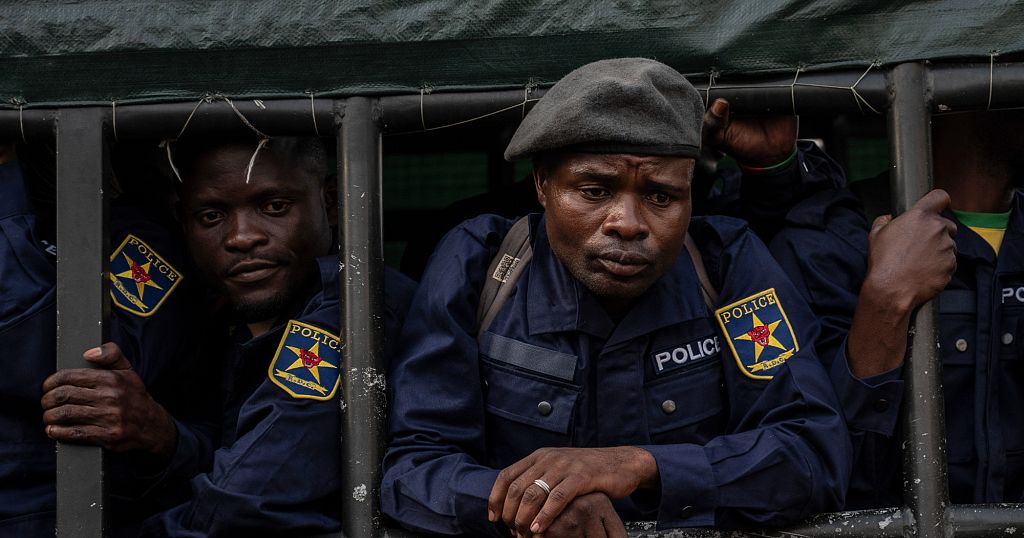Renewed violence has erupted in the Democratic Republic of the Congo’s restive North Kivu province, shattering a fragile peace agreement signed just days earlier between the Congolese government and the Rwanda-backed M23 rebel group. Communities in the eastern region, already scarred by decades of conflict, are again facing displacement as clashes between M23 fighters and pro-government militias escalate.
The latest fighting broke out on Tuesday in Masisi territory, where M23 rebels launched attacks on positions held by Wazalendo fighters, a coalition of local militias aligned with the National Congress for Defense (NDC) group supporting Kinshasa. The violence has since spread to neighboring Walikale territory, with the United Nations’ Radio Okapi reporting active combat on multiple fronts. Thousands of villagers have fled their homes, according to local accounts, though exact figures remain unverified.
The surge in hostilities comes less than a week after representatives from both sides met in Doha, Qatar, to finalize a peace deal aimed at ending one of the region’s most protracted conflicts. However, the agreement appears to have crumbled almost immediately, as disagreements over its terms surfaced publicly. A key point of contention centers on whether the M23, which controls swaths of North Kivu, is required to withdraw from occupied territories—a clause the rebels have reportedly disputed.
The DRC government insists the accord mandates M23’s retreat and disarmament, while rebel leaders have offered ambiguous statements about their commitments. This discord underscores the fragility of diplomatic efforts in a conflict inflamed by regional geopolitics and competition over natural resources. The M23, which Kinshasa and UN experts accuse Rwanda of backing financially and militarily, has repeatedly denied affiliations with Kigali despite ample evidence of cross-border support.
Masisi and Walikale, rich in minerals and agricultural land, have long been flashpoints for clashes between armed groups vying for control. The current violence has exacerbated humanitarian crises in areas already struggling with food insecurity and limited access to healthcare. Displaced families, many sheltering in makeshift camps, describe fleeing under gunfire and abandoning livelihoods.
UN observers and regional bodies have called for urgent de-escalation, emphasizing the risks of broader destabilization. The African Union, which helped mediate the Doha talks, has yet to issue a formal response to the renewed fighting. Meanwhile, Congolese authorities accuse M23 of acting in bad faith, while rebel spokespersons claim self-defense against government-aligned forces.
As diplomatic tensions mount, civilians bear the brunt of the violence. Community leaders in Masisi plead for international intervention, citing fears of prolonged conflict. The situation highlights the challenges of enforcing peace agreements in regions where armed groups operate with external support and local grievances remain unresolved. With trust between the warring parties eroded, prospects for lasting stability grow dimmer amid the echoes of fresh gunfire.
